Mandel Faculty Grants 2024
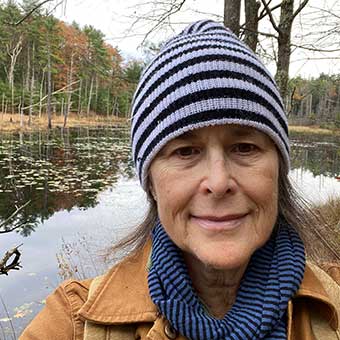
Mass Central: A Walking Meditation
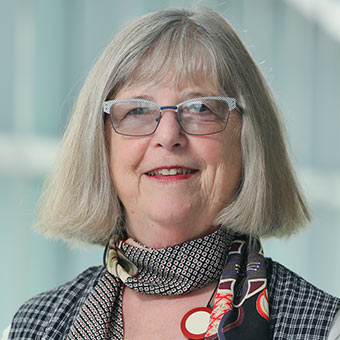
Dostoevsky, Tolstoy and the Small of this World (Research Grant)
For readers of the Russian novel comparisons between Dostoevsky and Tolstoy inevitably crop up. Critical debate and interest have focused on their unforgettable primary characters, on plot, on narrative voice, on their contribution to notions of historicity and time, to philosophy, and, finally, t “the big questions” such as “How shall I live?”, “How shall I die?”, “Does God exist?” “Do people really change?” My ongoing project Tolstoy, Dostoevsky and the Small of This World grapples with these issues from a different angle, one that is tangentially relevant to current disputes about the value of a liberal education. Like Dostoevsky’s own “schoolboys” in The Idiot and The Brothers Karamazov, students plunge into confrontations with “the eternal questions” through their immersion in the ocean of fiction. When I teach War and Peace, they complain that the work is too short. What does this complaint really mean? With such questions in mind, I have approached Dostoevsky and Tolstoy through their representations of “the small of this world”—for example, through their depiction and understanding of animals, children, and minor characters. For these two writers, “the small of this world,” loom large; a sustained consideration of them may alter our understanding of their author’s giant canvases.
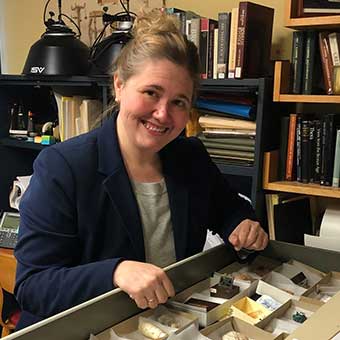
A Virtual Reality Museum for Classical & Early Mediterranean Archaeological Artifacts (Public Humanities Grant)
Universities have a rich history of maintaining archaeological study collections. At Brandeis, we are fortunate enough to be the custodians of a diverse collection of antiquities, maintained by the Department of Classical and Early Mediterranean Studies. The CLARC (Classical & Early Mediterranean Studies Artifact Research Collection) provides an opportunity for undergraduates and graduates to do hands-on work with artifacts, gain experience in museum curation and conservation, as well as develop skill sets around digital imaging. The Virtual CLARC project involves the digitization of the CLARC collection of artifacts to create an interactive museum virtual environment. “Virtual CLARC (vCLARC)” will provide a public forum to share CLARC with the Brandeis community of students and faculty and extend its impact to reach the public. Artifacts will be placed in a virtual museum for ‘guests’ to walk- through and explore the collection. The interactive elements of vCLARC will be centered around providing student learning through artifact analysis, the acquisition and development of digital imaging skills by students, the curation of artifacts in virtual exhibits, and how to present these items to the broader community of scholars and public visiting vCLARC.
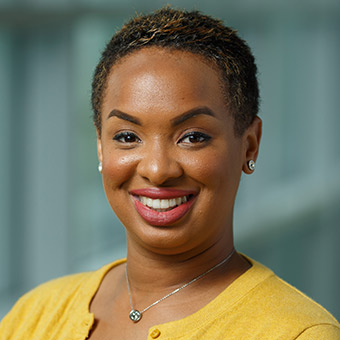
Democracy Starts at the Poles (Public Humanities Grant)
Democracy Starts at the Poles investigates the conditions of possibility for Black and women of color’s erotic freedom. Specifically, it historicizes and probes the formation of pole dance as a paradigmatic signifier of racialized gendered sexual subjection and, as pole artists would have it, a primary site for women’s erotic empowerment and the production of alternative epistemologies of sensual and somatic freedoms. Democracy Starts at the Poles homes in on women of color pole practitioners, and the ways in which they navigate the political economy of race that both structures and shapes the erotic capital—money, embodied and otherwise resources, clients, artistic opportunities, and so on—that pole dancers might mobilize to both negotiate hegemonic narratives that stigmatize pole dance and challenge social practices within the industry that attempt to delimit the empowerment pole proclaims to afford to and for everybody.
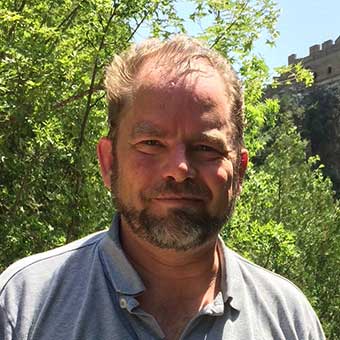
“Spirit of the Nation”: The Contested Legacy of Lu Xun (Research Grant)
Lu Xun (1881-1936) was the writer who arguably had the greatest influence on how modern China understands itself. In his often-scathing critiques of Chinese traditions and habits, Lu Xun prodded his readers to seek liberating change. This exhortation lives on in Lu Xun’s writings, sometimes serving rulers and sometimes challenging them. Calling him “modern China’s saint,” Mao Zedong nonetheless joked that if Lu Xun had lived to see the victory of Communism in China, he might have “either gone silent or gone to prison.” Mao’s dilemma lives on. Supporters of China’s government tend to frame Lu Xun as a prophet whose vision has been fulfilled, while critics often cite him as a voice that still calls for change. I plan to use my award to study modern interpretations of Lu Xun’s writings: exhibitions at the Lu Xun Museum in Shanghai, official academic articles, but also online comments and the occasional public protest. I hope to understand better which aspects of Lu Xun’s legacy serve which visions of China today.
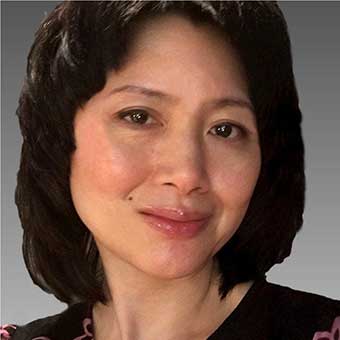
Understanding East Asian Diaspora Artists in Europe and America, ca. 1880s-1980s: An Interactive Website (Public Humanities Grant)
The project is to create an interactive website that delves into the complex histories of East Asian artists in Europe and the United States. Spanning a century from the 1880s, when the first wave of their arrival began, to the 1980s, our website will serve as a rich resource for uncovering their remarkable stories. Throughout this period, many of these artists ventured to Western countries in pursuit of education and new opportunities. However, their stories and contributions are often obscured by national histories, ethnocentrism, and hagiographic biographies. Our project aims to address this problem by providing a more expansive narrative of East Asian diasporic experiences, exploring the dynamic effects of migration and the diverse range of supporting institutions that influenced their developments. Our research goes beyond famous figures and encompasses overlooked and lesser-known artists as well. By exploring their collective story, we gain valuable insights into the realities of the Euro-American art landscape.